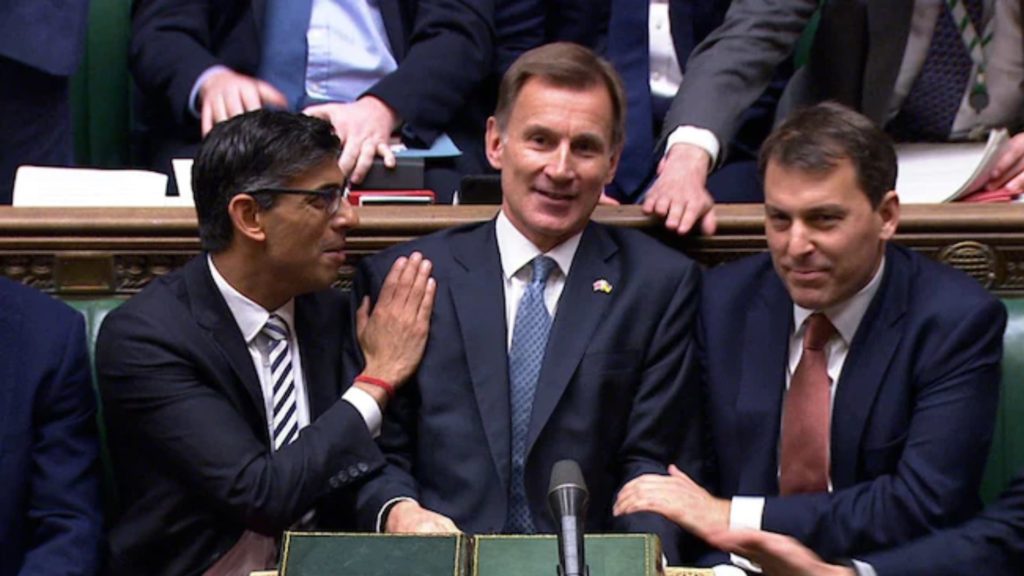

Ex-HMRC R&D tax inspector – “The Autumn Statement R&D update doesn’t get to the root of the problem”

The government has evidently tried to fix the fraudulent claims issues by flipping the schemes to make the SME Scheme less beneficial.
This reduction to 86% is another attempt to reduce the number of fraudulent cases (previous proposals have included pre-notification periods, senior company officer sign-offs, R&D technical reports, and financial analyses); but it’s not getting to the root of the problem.
All this policy does is make the scheme slightly less attractive for the spurious R&D tax providers (suddenly the maximum a company can claim back is roughly 20% of qualifying expenditure as opposed to anything up to 33.35%).
What this also does, however, is highly impact the truly innovative SMEs – the policy punishes the majority for how the minority act.
If you think about the long-term scenario, this could have a negative impact on innovation, which would damage “global Britain.” We know that SMEs are the main driver of innovation and also use the R&D tax credit to reinvest in technically challenging projects by hiring more staff. By making the RDEC scheme more attractive, there’s no guarantee that they will spend the additional tax relief on pushing the boundaries of technical innovation.
Time will of course tell.
Among the proposed changes we saw in the March budget, the regulation of providers across the sector was not one of them. During a House of Lords session this week, it was described as the “Wild West,” with providers or “specialists” flooding the market and making increasingly aggressive claims. The Times’s investigation also found that companies that didn’t do R&D, like cocktail bars, were given the chance to get their money back because their menus changed often.
This wasn’t even proposed and would go much further in terms of reducing fraudulent claims than simply reducing the current SME scheme enhancements.
Written by :
Malcolm Henderson – Associate Director | Head Of Compliance


